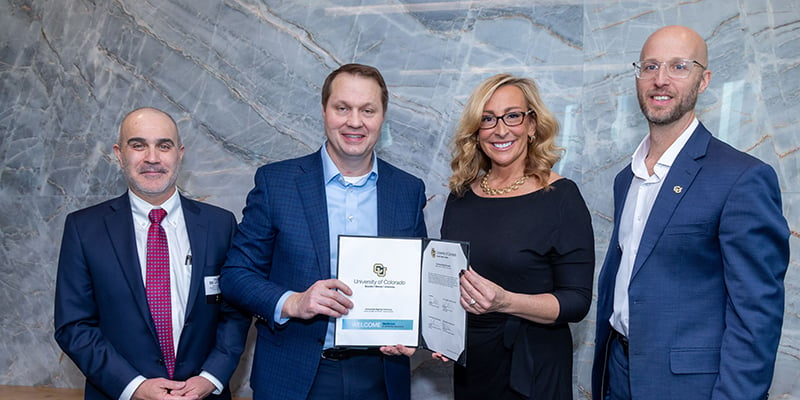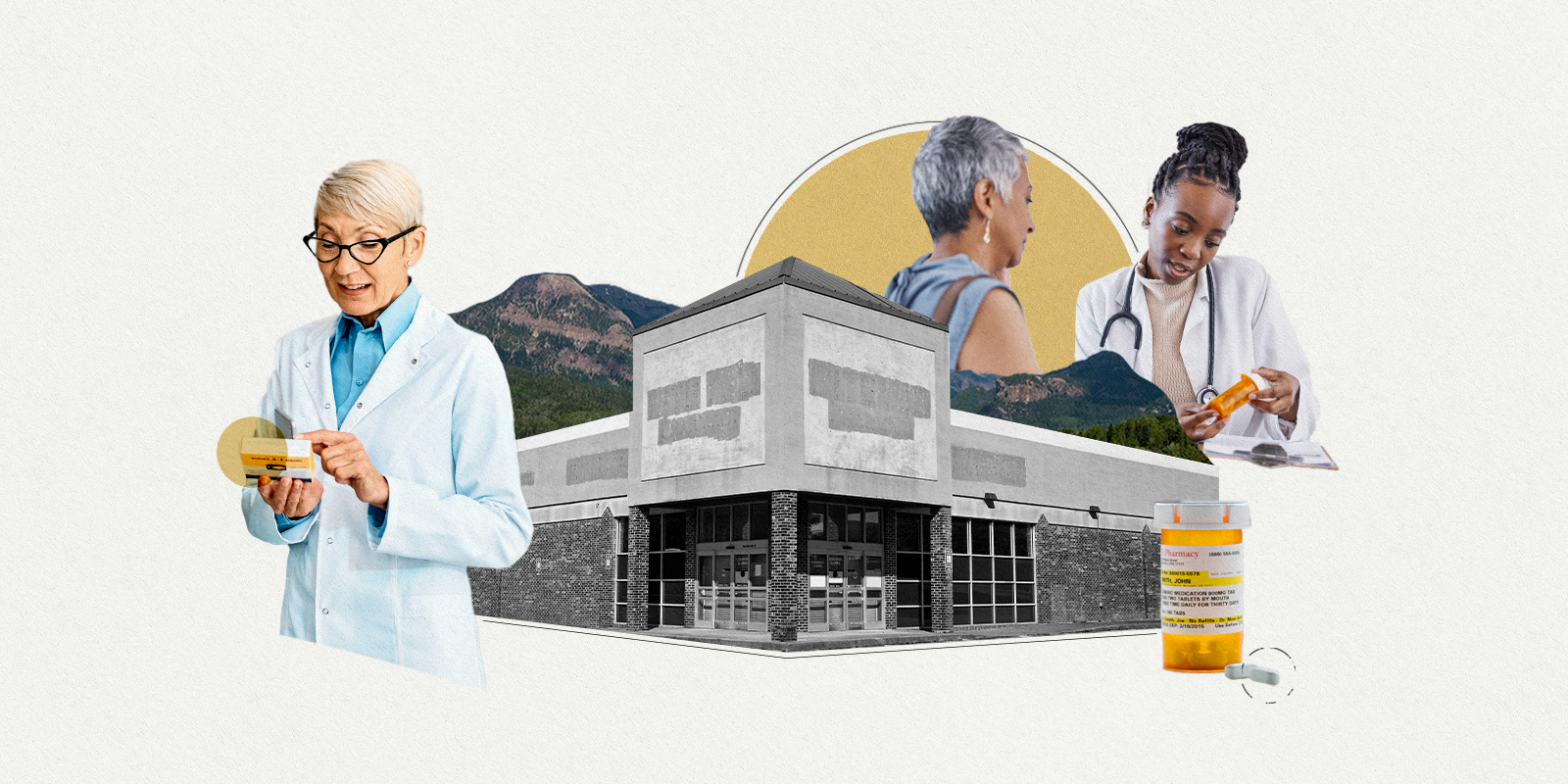What is causing the continued shortage of stimulant medications such as Adderall and Ritalin?
I don’t think anyone knows the exact answer. When controlled substances are made, the DEA tells a manufacturer, “This is the amount you’re allowed to produce.” When the demand goes up, the DEA must adjust those quantities if appropriate.
The DEA said in the fall, along with the FDA (Food & Drug Administration), “We’ve allowed manufacturers to increase the amount they’re producing.” But then the manufacturers said, “Well, there’s a shortage on the active ingredients,” or “The drug demand was higher than anticipated.” You can go onto the FDA website and look up supplies for a drug like Adderall. A lot of them will be blank, but others will say, “Drug demand has increased,” or “There’s a shortage on the active ingredient.” I thought this was interesting: One of them said, “Manufacturing and distributing is consistent with historic levels. We continue to see an increase in demand.”
How does the rise in telehealth contribute to the problem?
Before the pandemic, it depended on the state, but prescribing controlled substances was not permitted via telehealth.
However, amid the pandemic, telehealth reduced accessibility barriers, leading to its increased utilization, thereby significantly enhancing access—a positive development. However, many companies popped up online where you can meet a telehealth doctor (having no prior history with the provider) and be prescribed a stimulant. I think it probably introduced some inappropriate prescribing.
During the pandemic, with adults, there was about a 10% increase in stimulant prescribing in 2021 from 2020. I believe the CDC data supports that it was a blend of improved access, yet the pandemic introduced unprecedented stressors on adults. Patients were approaching their providers with concerns, “Hey, I need some help – I’m working at home with kids running around and I cannot focus. Maybe this (drug) could help me.” It is likely the combination of these contributing to increased prescribing.
Has the opioid epidemic contributed? Because of that crisis, is the DEA giving closer scrutiny to the ingredients in ADHD medications?
The DEA, in the wake of the opioid epidemic, definitely responded by looking more closely at these controlled substances. It’s probably not as easy as it once was to increase the amounts of controlled substances these manufacturers are making. But the DEA is realizing that there need to be adjustments as well (given the shortages). There were more safeguards put into place, which is necessary to protect the public, and that probably has contributed to some of the delay.
For many of the manufacturers, it hasn’t been a problem of not being allowed to make more (drug), it’s because they physically can’t – either because they can’t get the ingredients, or there’s a delay in shipping. It's not straightforward; rather, it's a blend of various factors.
Have your own patients experienced problems getting ADHD prescriptions filled?
Yes, and I think everyone is, but I don’t think the shortages are as bad as last fall. On the FDA website, drug manufacturing companies list the predicted dates for drugs being back to regular supply. For example, some say May 2024, while others may say September 2024.
The dates can vary and change, but it does sound like, hopefully, they’re going to be more prepared than they’ve been. They’re realizing the demand trends are going up rather than leveling off. I think it’s a combination of the COVID pandemic, telehealth and more adults being diagnosed now with ADHD.
What are the effects to a patient who can’t get their ADHD prescription filled?
It can be really detrimental to the patient. It can cause mood disruption, rebound symptoms, and even withdrawal effects. Clearly the patients are using it for a specific purpose, and so it’s not ideal just to abruptly stop the medication. It is not uncommon for patients to take holidays where they get off the medication, but we would like to predict those holidays and taper them appropriately over time.
Lately, we’ve been switching patients to different medications. But the problem is that there are shortages across all of the stimulants. It’s almost like a guessing game of, OK, what will be in stock? And the problem with switching medications is if a patient is stable on a particular medication, all of the sudden we have to change to a different drug. Pharmacists are equipped to offer the most suitable recommendations for medication switches; however, it is not possible to predict how a patient may respond to a new medication. That can be really frustrating for a patient.
Stimulants are controlled substances and there are limits, usually for 30 or 90 days, on how much can be dispensed at one time depending on the state. So, if a medication is not available (for refilling) when a patient gets to day 25, they must call their doctor if their medication is out of stock to write for a new medication. It becomes a many-step situation, that can delay the process of refilling the medication.
Do you think the shortage problem is starting to wane, or is there still no end in sight?
I would like to say yes (it’s waning), but I do not see in the near future it just miraculously fixing itself. I believe another factor contributing to this situation is the increased demand for certain stimulant medications that were not previously as sought after. Consequently, we find ourselves in a sort of yo-yo scenario with medication availability and demand.
A lot of it depends on how quickly the manufacturers can address the demand and whether there is a lack of ingredient supply and shipping. There are a lot of complications and delays going on in every industry, and there is, unfortunately, no difference to the pharmacy industry.
Are pharmacies having any particular problems that contribute to the medication shortage?
You hear the story over and over in the news where a patient comes to the pharmacy and discovers that the medication didn’t get ordered or didn’t come in. It’s not the pharmacy’s fault for not ordering the medication; it’s because it didn’t arrive from the wholesaler. It looks like the wholesaler has it, but in actuality they’re not getting it from their supplier. Regrettably, pharmacies often receive short notice when a medication is out of stock, sometimes discovering the issue on the day it's expected to arrive. This situation causes frustration for both pharmacies and patients alike.
Pharmacies are doing the best they can to recommend alternatives and be ready to pivot. I think pharmacists are getting a lot more work put on them because they have to call the provider, switch the medication and notify the patient of the switch.
Is there anything else you’d like to add about the problem?
Patients have heard this before, but I would recommend they be proactive. Because it’s a controlled prescription, you can only refill so early. I know many patients are calling the pharmacy three weeks in advance, saying, “Can you run my prescription, because I want to make sure it’s there.” Unfortunately, pharmacies can only process prescriptions through insurance a few days before the next fill date.
But the patient can call and say, “I'm aware of shortages with my medication. I'm scheduled to refill in one week. Can you confirm if the medication is currently in stock? If not, could you please provide information on the stimulants you currently have available?” Pharmacists are clinically trained to offer such recommendations and can provide patients with suitable alternatives. The patient can then reach out to their provider and list the recommendations from the pharmacist. Again, it’s not easy, and it’s extra steps for the patient, the pharmacist and the provider, but to ensure there are no delays in therapy, taking the proactive route is likely the best approach.





